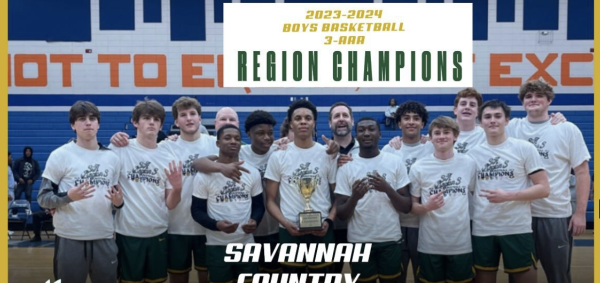“The Customer is Always Wrong”
February 9, 2022
“The customer is always right:” a phrase that we’ve all heard, most likely from a manager or someone of higher power. A phrase that’s meant to make us, the customer, feel valued and important while in an establishment. So long as we get what we want, and our needs are met, the business and workers have done what they’re supposed to do, and we are expected to return to the business because of their good service. This idea, for the customer, is extremely appealing. People love nothing more than being right; however, if everyone worked a job in the service industry, this common trope would probably disappear.
When I got a job as a restaurant hostess, my manager quoted this common phrase and sentiment as to make sure I would do everything in my power to make guests happy. My job is to meet peoples’ needs and requests, but when those needs and requests are completely outlandish, I have to say no to people. From behind the host stand, I know exactly what’s going on in the restaurant: the availability of tables, possible wait times, how busy our servers are, and any other bit of information that guests ask me about. If we are fully booked, and a walk-in asks for a table, I will (as respectfully as possible) tell them, “Unfortunately all of our tables are reserved tonight, and it looks like there will be around a 30-45 minute wait for our community table to open up. If you’d like, you can get a drink from the bar and wait in our soft seating until a table opens up.” In an ideal world, the person would just say “thank you” and leave, or be patient and wait for a table, but that is almost never the case. Usually, people start out by walking through the restaurant as if they can find an open table that I overlooked. Pointing to all of our “open” tables and asking if they can sit there isn’t accomplishing anything. If it were an open table, I would have sat you there, and if it were actually open, I probably didn’t seat you there because that section’s server is triple sat and can’t take another table. Next, the person might invade my personal space and peek over the host stand to see our floor chart. This person has probably never worked at a restaurant, and probably has no clue what the floor chart means, but they still want to look at it and find any blank table. After that, they either give up, or ask the dreaded question: “Can I see a manager?” This, of course, is the worst case scenario because the manager strictly adheres to “the customer is always right” policy, and will do everything in their power to get the person a table. This overwhelms our servers, servers assistants, and all of the other staff, and normally, the customer looks negatively towards me since I didn’t give them a table in the first place. This only reinforces the customer’s attitude of feeling entitled to whatever they want, and lets them maintain their idyllic idea of always being right.
To sum things up, the customer is almost never right. They have no idea what is going on in a business, and expect more than what can be provided for them. This inevitably creates problems for staff members, and a superiority complex for entitled customers who see themselves as better than service workers. So, the next time you go into a business, and don’t get what you want, think before you blame the employees and please don’t demand better service because, most likely, the workers are doing the best they can.




